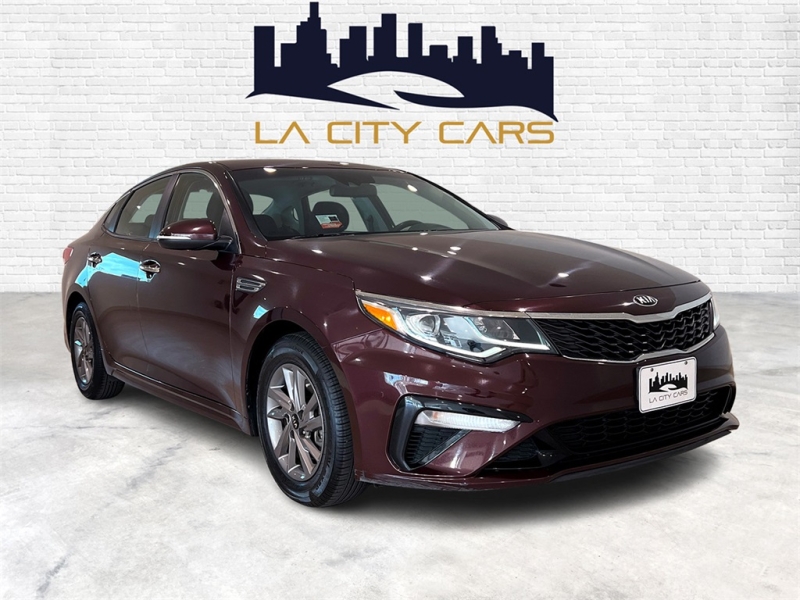The longevity of a Kia car is influenced by various factors, and as of my last knowledge update in January 2022, Kia has taken substantial steps to enhance the durability and quality of its vehicles. However, it’s essential to consider several elements that contribute to the perception of Kia cars lasting a reasonable amount of time:
- Warranty Coverage: Kia’s industry-leading warranty program, including a 10-year/100,000-mile powertrain warranty, provides substantial coverage. This not only offers peace of mind to owners but also reflects the manufacturer’s confidence in the longevity and durability of its vehicles.
- Improved Quality: Kia, in collaboration with Hyundai, has invested in improving the quality of its vehicles. This encompasses advancements in materials, manufacturing processes, and overall build quality.
- Regular Maintenance: Proper and routine maintenance is crucial for the longevity of any vehicle. Adhering to the manufacturer’s recommended maintenance schedule, including routine services like oil changes and fluid checks, contributes significantly to the overall lifespan of a Kia car.
- Consumer Feedback: Positive reviews and consumer feedback for many Kia models indicate a general satisfaction with the longevity and reliability of these vehicles.
It’s imperative for Kia owners to follow the manufacturer’s maintenance guidelines and address any issues promptly to ensure the longevity of their vehicles. Keep in mind that individual experiences may vary, and factors such as driving habits, climate conditions, and road conditions also play a role in determining a vehicle’s lifespan.
For the most current information on Kia’s reliability and longevity, consider checking recent consumer reviews, reliability ratings from reputable sources, and consulting with Kia dealerships. Regularly updated information will provide insights into the performance and longevity of newer Kia models.


